
Pancalv DDS Oral Suspension
Manufacturer
Cadila Healthcare Limited
Salt Composition
Amoxycillin (400mg/5ml) + Clavulanic Acid (57mg/5ml)
Key Information
Short Description
Pancalv DDS Oral Suspension is an antibiotic medicine that helps treat bacterial infections of the ear, nose, throat, chest, lungs, teeth, skin, and urinary tract.
Dosage Form
Oral Suspension
Introduction
Pancalv DDS Oral Suspension is an antibiotic medicine that helps treat bacterial infections of the ear, nose, throat, chest, lungs, teeth, skin, and urinary tract. It is capable of killing bacteria that have become resistant to other therapies and thus also helps treat tuberculosis that is resistant to other treatments.
Directions for Use
Your child must complete the entire course of antibiotics. Stopping too soon may cause the bacteria to multiply again or cause another infection.
How it works
Pancalv DDS Oral Suspension is an antibiotic. It has two active agents amoxycillin and clavulanic acid. Amoxycillin works by preventing the formation of the bacterial protective covering (cell wall) essential for the survival of the bacteria. Whereas clavulanic acid serves a special purpose of inhibiting an enzyme (beta-lactamase) that is produced by resistant bacteria. This makes the combination of amoxycillin and clavulanic acid an effective line of treatment for many types of infections.
Quick Tips
Your child must complete the entire course of antibiotics. Stopping too soon may cause the bacteria to multiply again or cause another infection. Your child may have a bitter taste in the mouth after the intake of Pancalv DDS Oral Suspension. Eating citrus fruit or sipping plenty of water or fruit juice may help. Encourage your child to drink plenty of water in case diarrhea develops as a side effect. Never give Pancalv DDS Oral Suspension until and unless prescribed by the doctor. Do not give Pancalv DDS Oral Suspension to treat common cold and flu-like symptoms caused by viruses. Never save medicine for future illnesses. Check ‘expiry’ before giving Pancalv DDS Oral Suspension to your child. Immediately discard all the expired medicines. Stop Pancalv DDS Oral Suspension immediately if your child develops an itchy rash, facial swelling, or breathing difficulty. Report to the doctor without any delay.
Related Medicines
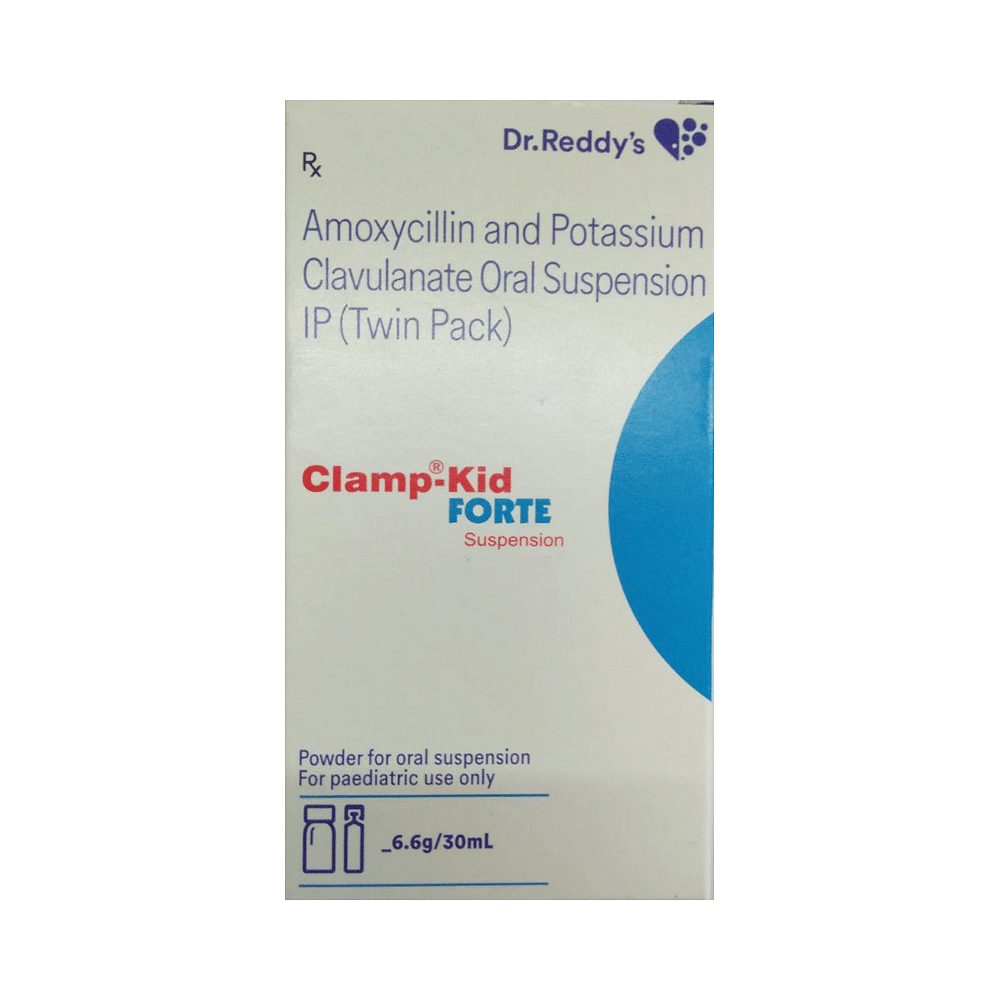
Clamp Kid Forte Suspension
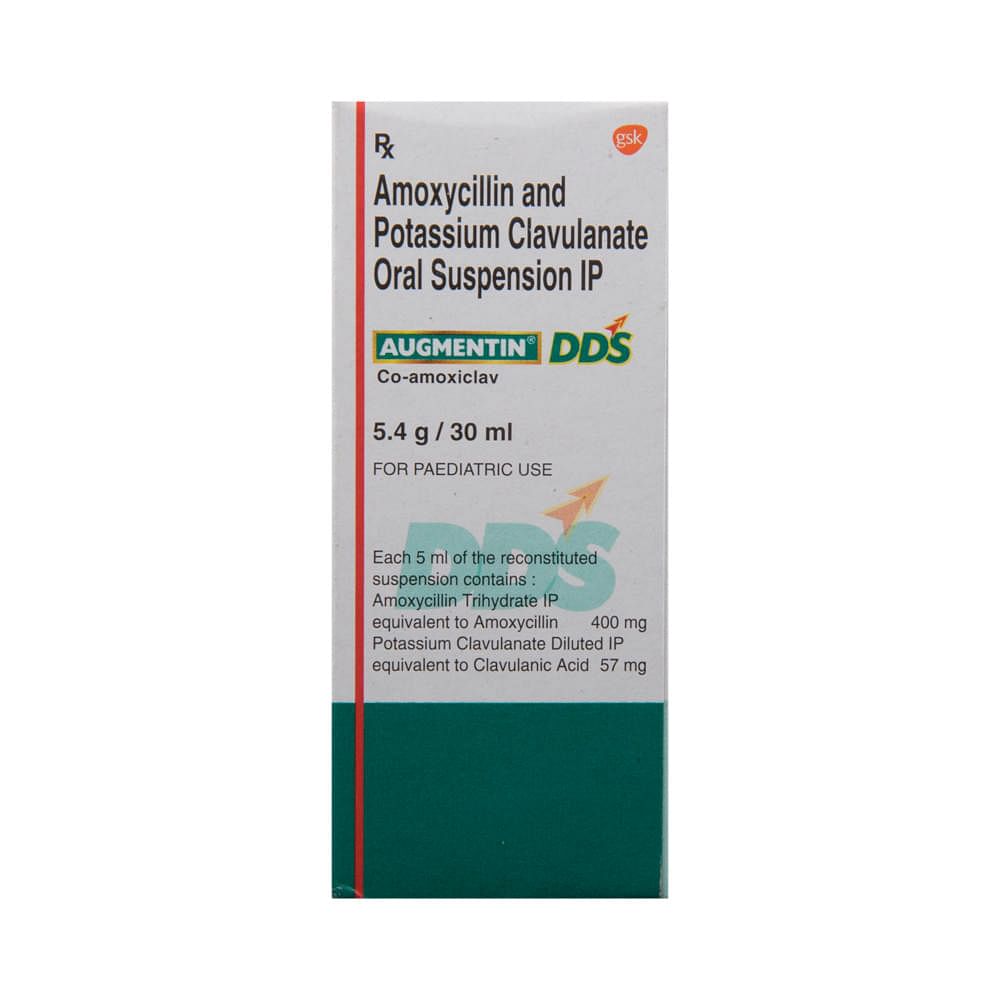
Augmentin DDS Suspension

Moxikind-CV Forte Dry Syrup
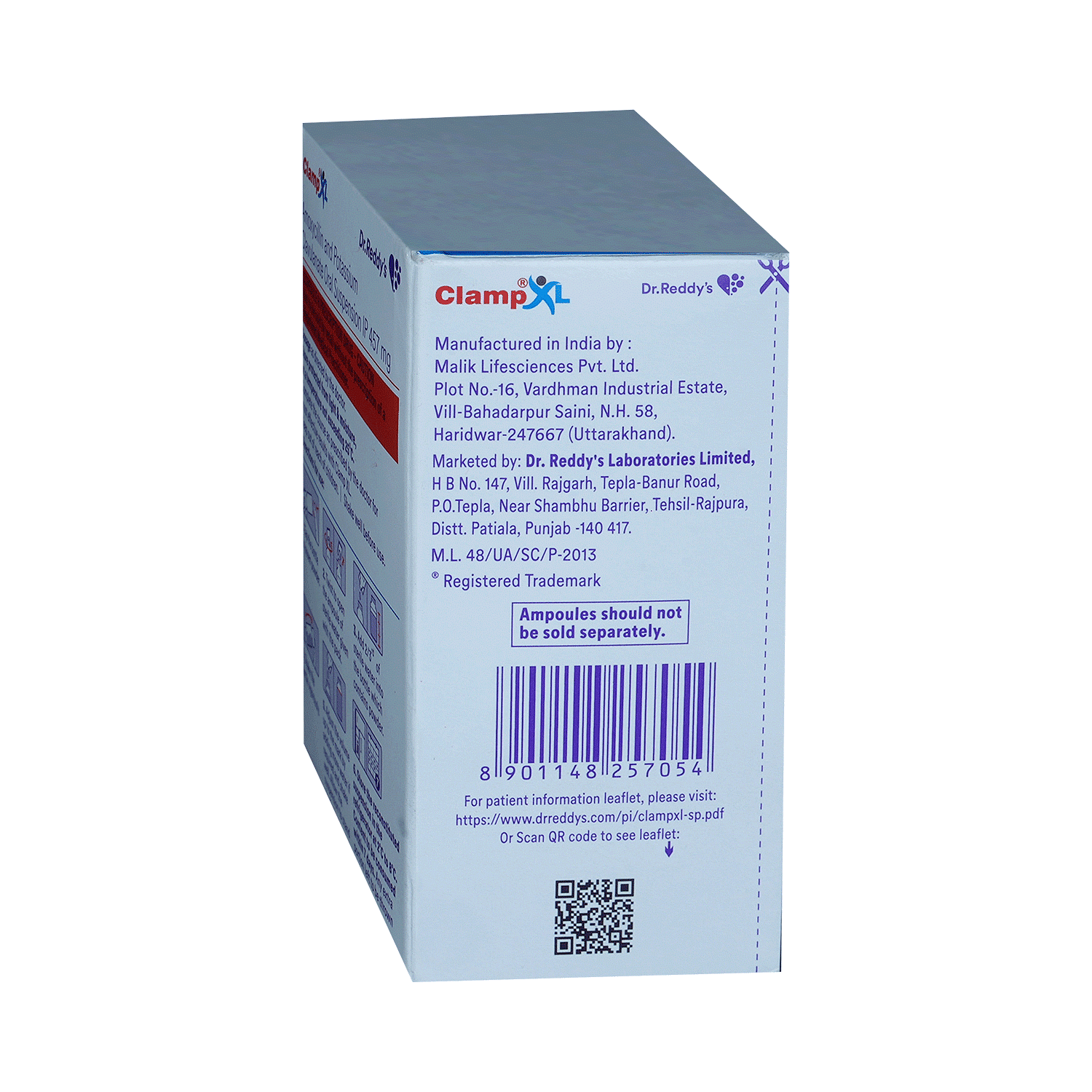
Clamp Xl Suspension

Nishclav-Forte Dry Syrup

Moxymek-CV Plus Dry Syrup
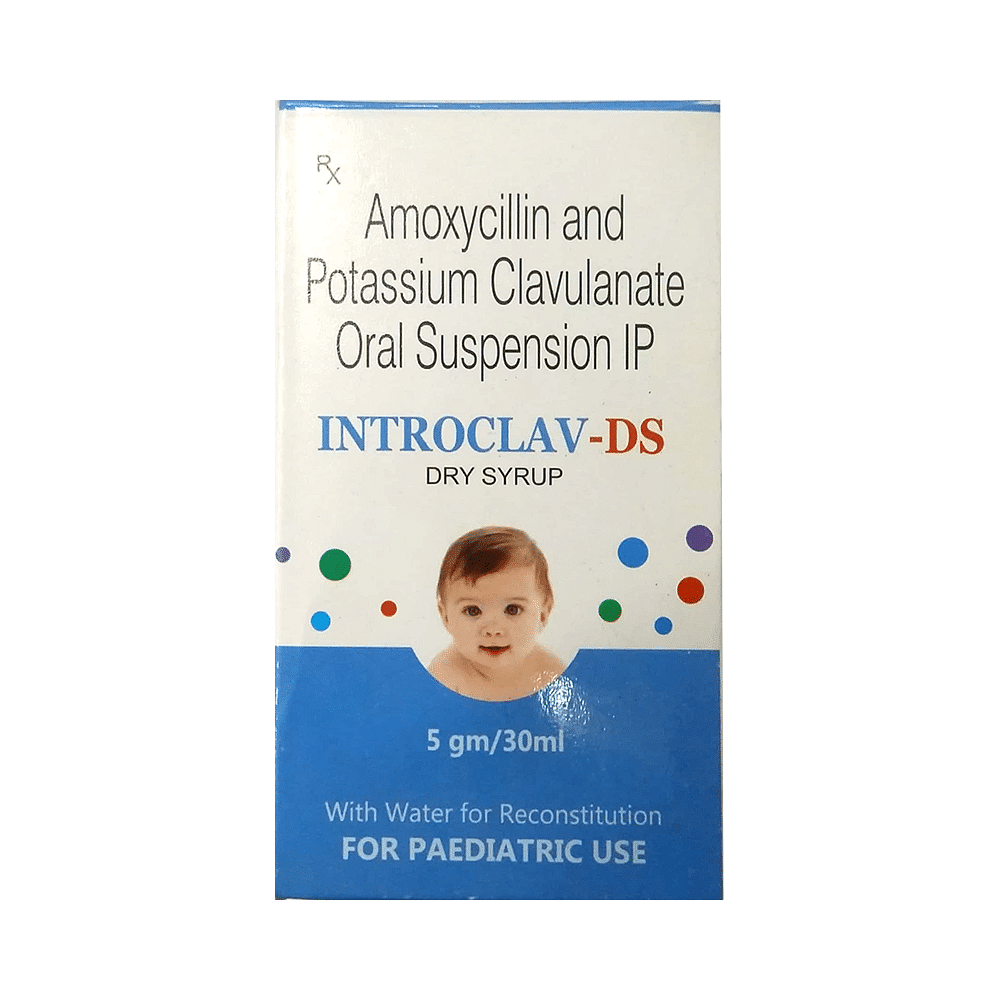
Introclav-DS Dry Syrup
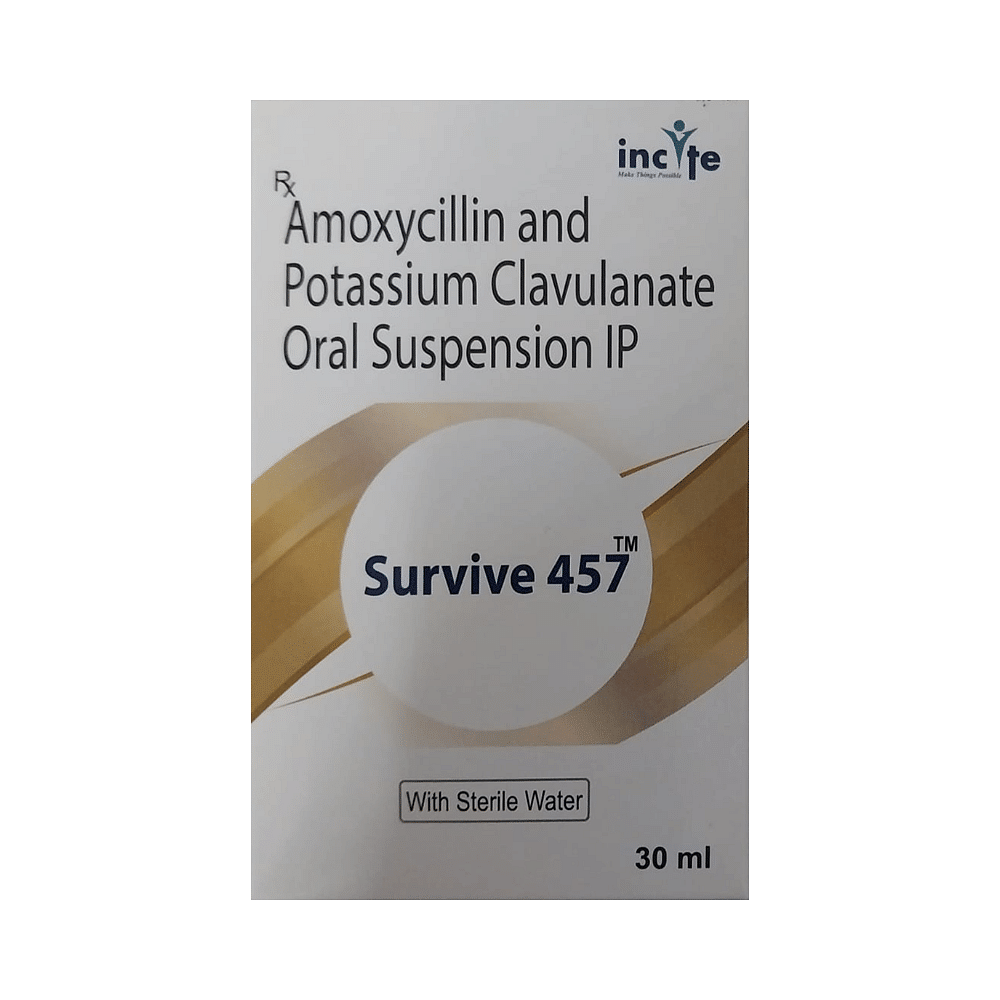
Survive 457 Oral Suspension

Omexin DS Dry Syrup
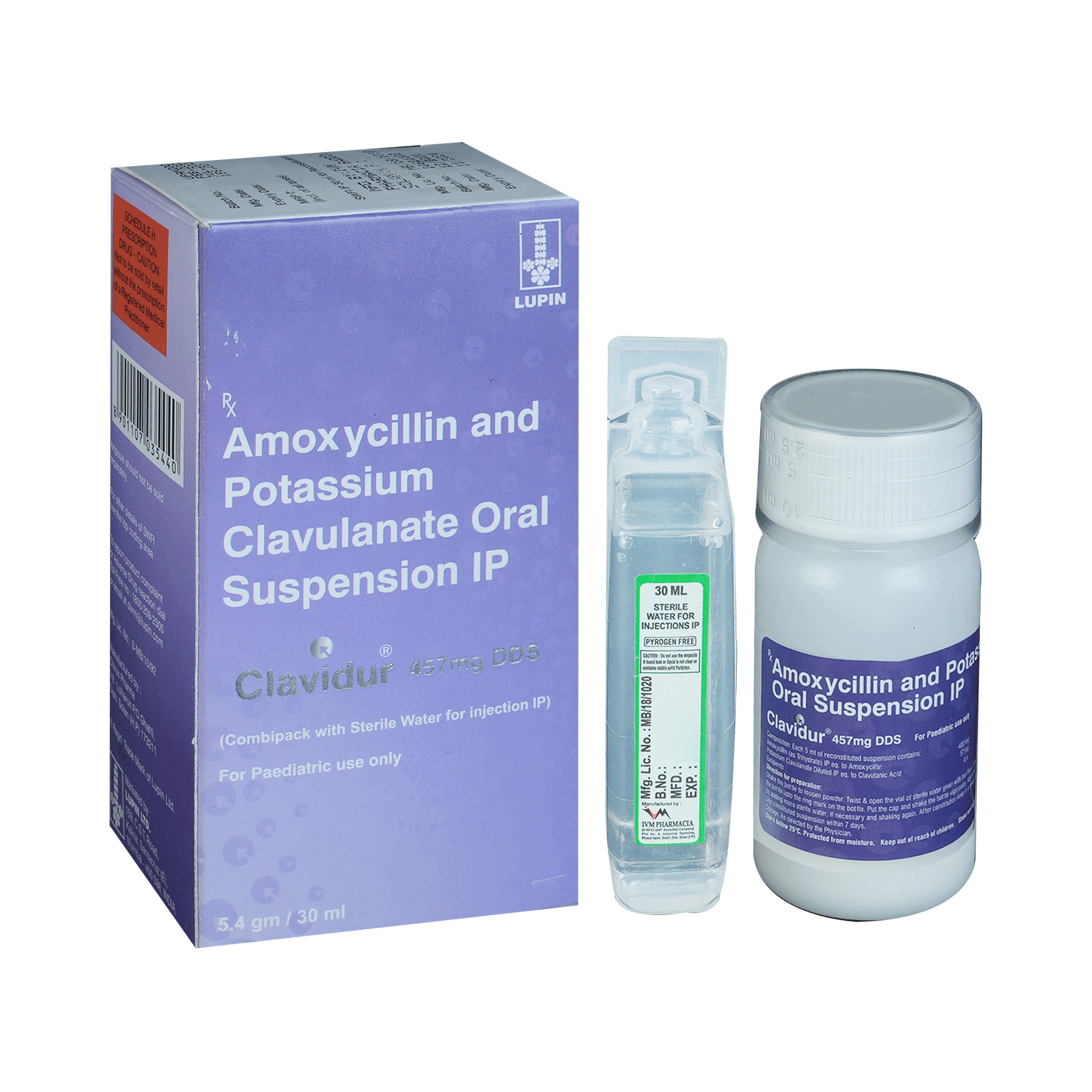
Clavidur 457mg DDS Oral Suspension
Frequently asked questions
Can other medications be taken concurrently with Pancalv DDS Oral Suspension?
It is essential to inform your healthcare professional about any other medications or substances your child is taking before starting Pancalv DDS Oral Suspension. This will help ensure safe and appropriate usage of the medication.
Is it possible to receive vaccinations during treatment with Pancalv DDS Oral Suspension?
Antibiotics generally don't interfere with vaccine ingredients or cause adverse reactions in children who have recently received a vaccination. However, if your child is taking antibiotics, they should not be vaccinated until the infection is resolved. Once their condition improves, they can receive the vaccine as per their doctor's advice.
What laboratory tests might my child undergo while on long-term Pancalv DDS Oral Suspension treatment?
Periodically, your child may need kidney and liver function tests during prolonged therapy to monitor their overall health status under treatment.
Is it safe to administer a higher than the recommended dose of Pancalv DDS Oral Suspension?
Giving a higher than recommended dose can increase the risks of potential side effects. If your child experiences an escalation in symptoms, seek immediate guidance from your doctor for re-evaluation.
When should I stop Pancalv DDS Oral Suspension?
Do not discontinue the medication prematurely unless the full course of treatment is complete. This might involve continuing even when symptoms appear to improve, as the medicine's effect may continue in the background.
Can Pancalv DDS Oral Suspension cause diarrhea?
Yes, Pancalv DDS Oral Suspension can lead to diarrhea due to its antibiotic properties, which may disrupt beneficial bacteria in your child’s stomach. Encourage your child to consume fluids if they experience diarrhea and contact a doctor for severe or persistent cases of diarrhea.
Do all viral common colds always lead to secondary bacterial infection?
While most common colds don't automatically lead to secondary bacterial infections, it is crucial to consult with your child’s doctor before administering antibiotics. Antibiotics should only be used under medical supervision.
Is yellow-green mucus in the nose a sign of a bacterial infection?
Yellow or green mucus in the nose, though not necessarily indicative of a bacterial infection, is often a normal response to a common cold. Symptoms typically resolve within 7-10 days.
What signs indicate my child needs immediate medical attention?
Seek immediate medical attention if your child experiences severe allergic reactions (breathing difficulties or skin rashes), gastrointestinal infections (diarrhea) with concerning symptoms, and evidence of liver damage (weakness, paleness, vomiting).


